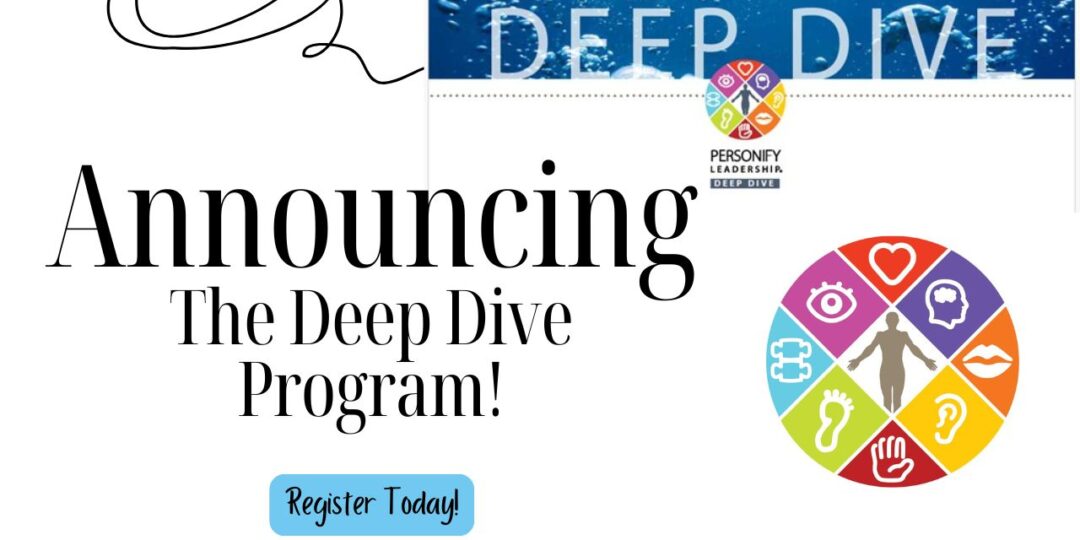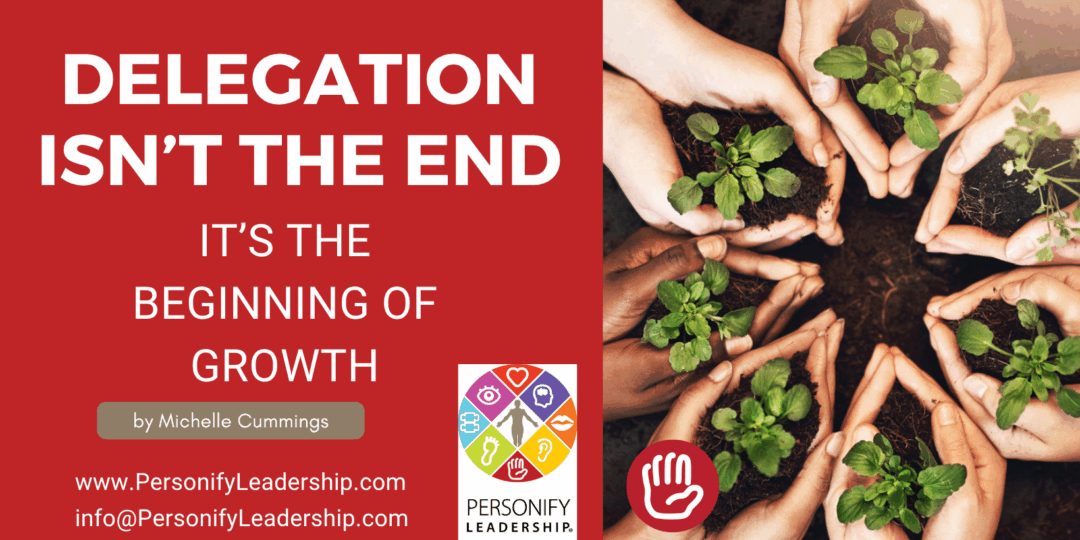Psychological Safety: The Cornerstone of Innovation and Trust at Work
- Aug 07, 2025
- By personifyadmin
- In Newsletters
- 0 Comments
When you think about the most innovative teams in the world – those that generate fresh ideas, solve complex problems, and pivot quickly in the face of challenges – there’s a common thread running through them: psychological safety. Harvard researcher Amy Edmondson defines psychological safety as the belief that you can speak up with questions, concerns, or mistakes without fear of punishment or humiliation. It’s not about being nice; it’s about creating the freedom to contribute without fear.
In workplaces where psychological safety is strong, employees are more likely to take risks, share bold ideas, and collaborate openly. In fact, Google’s landmark “Project Aristotle” study found that psychological safety was the number one predictor of team success. Without it, even the most talented individuals hold back, fearing judgment or negative consequences. The result? Innovation stalls, trust erodes, and organizations miss opportunities to thrive.
(more…)The Power of Empathy: The Hidden Engine of Effective Leadership
- Aug 06, 2025
- By personifyadmin
- In Newsletters
- 0 Comments
In a world where deadlines dominate and metrics measure our every move, it’s easy to overlook one of the most powerful tools a leader has – empathy. Not sympathy. Not kindness for kindness’ sake. But true, bone-deep understanding of what someone else is experiencing, feeling, or fearing. At its core, empathy is the currency of connection. And in leadership, that connection is gold.
Empathy, when practiced authentically, fuels trust. It creates the kind of psychological safety where people feel not just heard, but valued. This isn’t soft science – it’s strategy. Teams led by empathetic leaders outperform their peers because they are built on relationships, not just roles. In fact, understanding someone’s internal world opens doors to motivation, collaboration, and creative problem-solving that simply can’t be accessed through transactional leadership alone.
(more…)The Balance of Truth and Respect
- Aug 05, 2025
- By personifyadmin
- In Newsletters
- 0 Comments
Addressing sensitive issues at work can be one of the most challenging parts of leadership. These moments require you to communicate with honesty so that the message is clear, but also with respect so that the relationship remains intact. Leaning too far in one direction can cause problems, too much honesty without care can feel harsh, and too much politeness without truth can lead to avoidance.
The key is to approach these conversations with the intent to solve a problem, not to win an argument. This means preparing both your message and your mindset. Clarity is important, but so is empathy. You want the other person to understand the issue and still feel valued and respected.
(more…)See It to Build It: Connecting Goals to a Bigger Vision
- Aug 01, 2025
- By personifyadmin
- In Newsletters
- 0 Comments
by Michelle Cummings
Setting goals is something most leaders do. But setting goals that actually move people? That requires more than a checklist. It takes vision. Not just any vision – but one that is clear, motivating, and tied to something meaningful. When leaders link daily action to a larger purpose, teams don’t just comply – they commit.
A clear vision of success is more than a broad aspiration. It’s specific, measurable, and aligned. It helps you define what progress looks like and gives your team direction beyond the next task. Vision is what makes effort feel worthwhile and helps everyone see how their part contributes to something that matters.
(more…)Lead Into It: The Case for Courageous Conversations
- Jul 31, 2025
- By personifyadmin
- In Newsletters
- 0 Comments
by Michelle Cummings
Most leaders don’t set out to avoid hard conversations. But when tension rises, it’s easy to sidestep the uncomfortable. Maybe we convince ourselves it’s not the right time. Maybe we worry about how someone will react. Or maybe we hope the issue will just fade on its own. But the truth is, avoidance is a choice – and it has a cost.
Every delayed decision, unspoken truth, or postponed conversation creates residue. What feels like short-term peace often leads to long-term strain. The small misalignment becomes a bigger disconnect. The minor performance issue becomes a culture problem. What we avoid doesn’t disappear. It compounds.
(more…)Many leaders put time and energy into preparing for a difficult conversation but overlook a critical final step – following up. Without follow-up, even the best intentions during the conversation can fade, leaving room for misunderstandings, uncertainty, or a return to old patterns.
Following up ensures that both parties are clear on what was discussed, what was decided, and what will happen next. It is an opportunity to reinforce agreements, answer lingering questions, and confirm that you are moving in the same direction. This step transforms a single conversation into meaningful, lasting progress.
(more…)Deep Dive Program Announcement
- Jul 29, 2025
- By personifyadmin
- In Newsletters, Video
- 0 Comments
Calling All Core Program Alumni – Take the Next Step with Deep Dive!
In this quick message, Michelle Cummings announces the launch of our next Deep Dive class – an advanced leadership training exclusively for graduates of the Personify Leadership Core Program. In Deep Dive, we go beyond the basics. You’ll explore real-world leadership challenges with a strong focus on: Psychological Safety Empathy Emotional Intelligence Empathetic Accountability If you’re ready to lead with more confidence, connection, and clarity – this is for you. Register now to reserve your seat. Space is limited! https://www.personifyleadership.com/events/
#PersonifyLeadership #DeepDive #LeadershipDevelopment #EQ #PsychologicalSafety #EmpathyInLeadership #CourageousLeadership
Calm Is Contagious: How Your Presence Shapes the Room
- Jul 24, 2025
- By personifyadmin
- In Newsletters
- 0 Comments
by Michelle Cummings
We often think of leadership as something we say or do. But some of our strongest signals come not from our words – but from our presence. The way we carry ourselves in moments of stress, transition, or pressure has ripple effects on everyone around us. That’s where mirror neurons come in.
Mirror neurons are a part of the brain that help us sense and mirror the emotions, behaviors, and intentions of others. They are why yawns are contagious and why a team can feel tense when a leader walks into the room with tight shoulders and a clenched jaw. Our brains are wired to sync. This has huge implications for leadership.
(more…)Delegation Isn’t the End: It’s the Beginning of Growth
- Jul 23, 2025
- By personifyadmin
- In Newsletters
- 0 Comments
Delegating a task is more than simply handing it off. It is an opportunity to develop someone’s skills, build their confidence, and prepare them for greater responsibility. That development does not happen automatically. It requires follow-up in the form of coaching and feedback after the task is complete.
Too often, leaders treat delegation as a one-time transaction. They assign the work, receive the results, and move on to the next priority. While this might get the task done, it misses a valuable chance to reinforce learning. Without feedback, the person has no way of knowing what worked well and what could be improved.
(more…)
×
At the heart of every high-performing organization is a strong leader – someone who drives the vision, creates the company culture and knows how to call the shots in a time of crisis. Wouldn’t it be great if every company had multiple leaders like that?
Stay up to date.
Join Our Newsletter for the latest Personify Leadership News.
© 2012-2025 Personify Leadership. All Rights Reserved.










Recent Comments